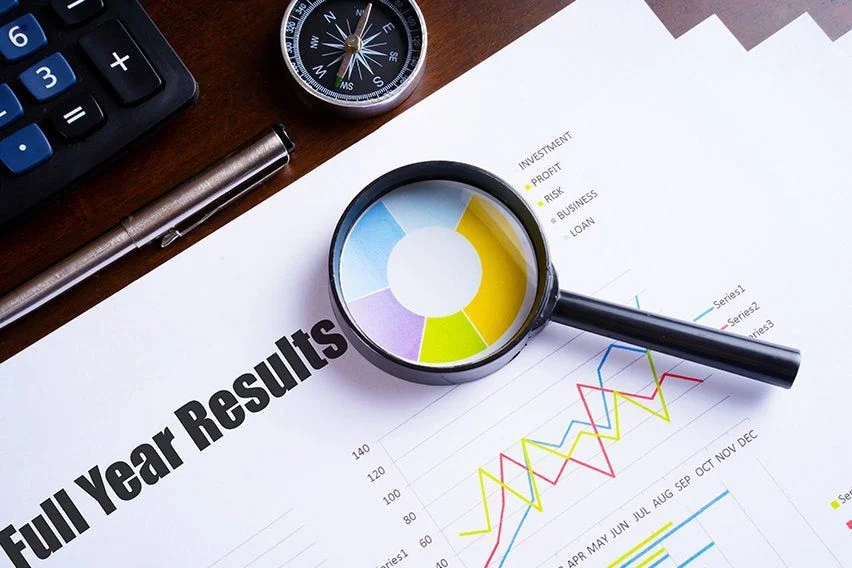During the year-end period, businesses are required to take inventory counts to determine how much their products are worth. This is an important part of year-end accounting, as it helps businesses understand their expenses and income, and creates a better plan for the upcoming year. Additionally, it can be useful to double-check the value of inventories to make sure they are still accurate. Inventory includes supplies and assets, and should be accounted for and recorded correctly to avoid costly errors.
Companies should begin the year-end process at least a month in advance to make sure that everything is ready. This means putting staff on a year-end footing, chasing orders, reducing expenditure, and reviewing all necessary documents. All accounts need to be backed up by records, including bank statements, income records, and invoices. Gather these documents as soon as possible, and then contact employees to review and confirm the numbers.
Year-end accounting should also include the reconciliation of accounts payable and accounts receivable. Reconciliations are necessary to ensure that all accounts balance and are in order for the new year. Businesses should also make sure that any past-due bills are paid before the year-end. The last thing you want to do is have a messy accounting situation. The most important thing to do is keep your books up-to-date so that you can start the new year with a clean slate.
Year-end accounting can be a stressful time for a small business. In addition to filing taxes, it involves sending out customer statements and reconciling bank accounts. In addition, it can be easy to miss payments or make mistakes when you do not have an organized accounting system. However, with the right software and a system in place, the year-end process can be streamlined and stress-free.
Year-end accounting is important to a business. Without proper reporting, errors can lead to audits. To avoid this, consider using accounting software that helps you separate business and personal expenses. Also, do not forget to claim mileage, which is an expense that many business owners don’t report. It can be easy to forget about but is crucial to include in year-end reporting.
Year-end accounting is an important time for business owners to assess their businesses. It helps them make plans for the short and long term. During this time, they can also make decisions on equipment and inventory purchases. And, of course, they can prepare tax plans for the next year. But, it also provides an opportunity to reflect on past and present achievements.
Year-end accounting is an excellent opportunity for business owners to take a step back and look at their businesses in a new light. While business can be stressful and all-consuming, taking a step back and evaluating your work habits and business operations will help you make better business decisions. The year-end accounting process is not an easy task. But engaging a qualified accountant who understands your business and has the skills to tackle it is one of the best ways to ensure a smooth year-end accounting process.

